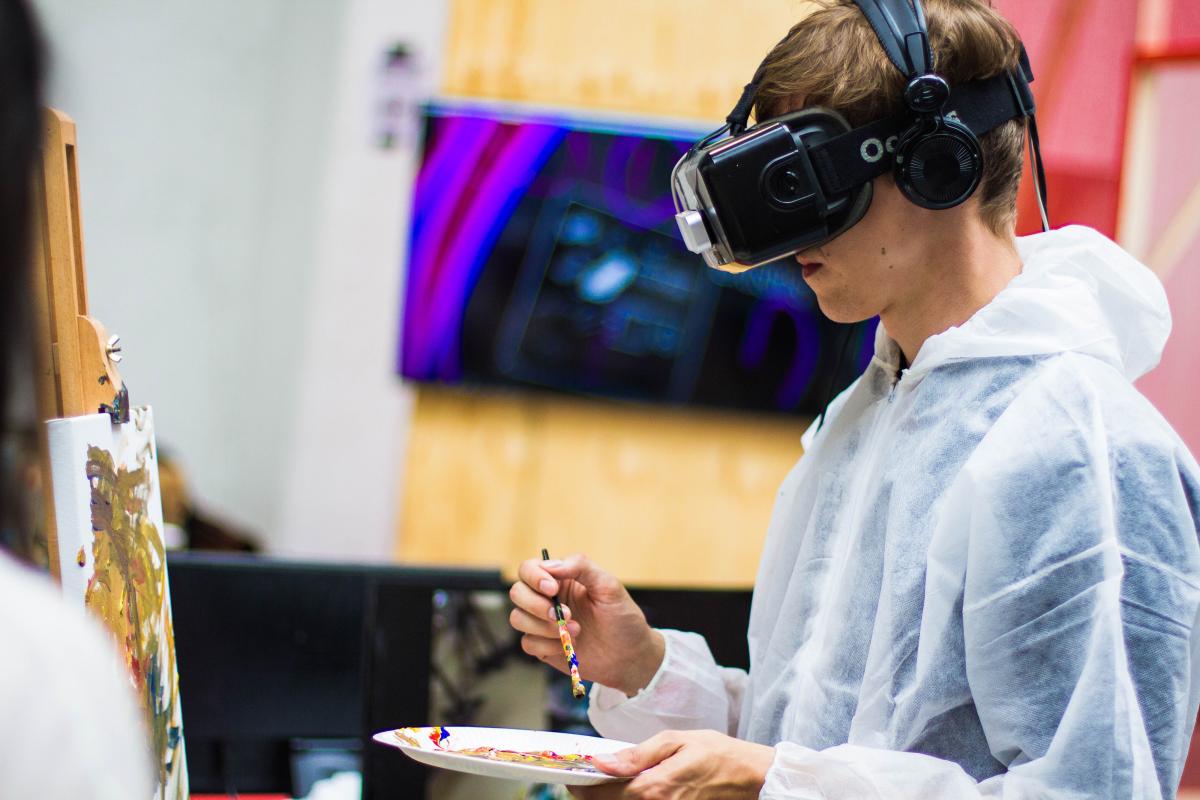Not only has the Covid-19 pandemic affected our economy, health and personal lives, it has also and continues to, fundamentally challenge the way brands market themselves, specifically in the form of events, conference and exhibitions.
The speed with which the Covid-19 pandemic hit the events industry (in fact, one could argue it was the first industry to be hit) and the totality of its damaging effects in every corner of the hospitality, destination marketing, travel, and live events sector simply cannot be overstated. And unfortunately, it’s looking likely that the industry will indeed be impacted for a long time to come too.
Without a doubt the events industry is incredibly resilient and there will always be a need for brands of all sizes to market themselves through the use of events to both existing clients and prospects. In addition to this, our very real human need to interact face-to-face will always be prevalent. However, we believe that the impact of Covid-19 will fundamentally change the way the events industry works forever.
If the pandemic has taught nothing else, it is that there are huge benefits to streaming, VR and online collaboration when it comes to running events. Covid-19 will most certainly accelerate the use of these technology as enhancements and added value to live event programmes and ensure that brands can put on truly innovative and game changing events.
Never before has there been a greater need to make sure an event is bespoke so that those who attend will receive a truly unique experience. With so many brands bartering for our attention right now, all of whom encouraging us to join their events from our living room, it’s clear that to win attention the key is to offer something different. This means an event that it truly customised. Building an event platform from the ground up means that anything is possible and that it can be built both around the brand itself (their ethos and what they stand for) and of course what the attendees want.
Unlike a physical event, there are so many more metrics that are possible to track when making an event digital. And the benefit from all this data is that when the event team come to round two of the event, not only are they far more informed, but it gives them a great basis to build upon for the future. It will also keep both the sales and exec team extremely happy too as they can be presented with a more robust, quantitative and data driven report proving return on investment.
One of the key pieces of feedback we have had from clients and attendees to our platforms, is how an event needs to feel like an extension of their offering. Many off-the-shelf platforms can be fairly limited when it comes to customisation. But it is so important that the people that attend these events immediately know whose platform they are on, that they can feel the brand’s ethos though every touchpoint. Ultimately it needs to evoke all the same feelings to them as all of the other branded experiences that organisation offers. This in turn makes the event feel more considered, refined and ensures it is compelling for all involved.
With virtual events here to stay, investing in a custom solution that they can grow and develop alongside the brand can achieve greater brand awareness long term. The key here is not scrabbling around considering how to quickly put on that promised event in Q4, but rather to re-evaluate, replan and build an event brief around the current climate and what the current motivations are. The approach that a brand takes will reflect greatly on them so needs to be carefully considered.
Also, if brands truly want to innovate and demonstrate their CSR and sustainability values, then virtual events need to be a key consideration. When hosting a physical event, not only does the event team need to consider the logistics of getting people to the venue, but they will also need to consider the amount of food wasted, rubbish cleared and the energy required to run that event. According to a study by Birmingham University, a one day physical events can produce up to 170kg of Co2 and create up to five tonnes of refuse waste. Through the use of virtual events, not only can brands commit to a reduced carbon footprint in terms of delegate travel, but delegates can feel assured that they are also doing their bit which is of course a big driver in our purpose led world today.
The future of the events industry (and indeed many other industries) is of course rather unknown due to the pandemic, but certainly those brands who are willing to think outside the box when it comes to delivering virtual events, and indeed think longer term could be at a competitive advantage. Delivering an event virtually shouldn’t just be a stop gap until we get back to normal. Retooling, replanning and taking a more considered approach to delivering virtual events longer term could in fact be a game changer.



